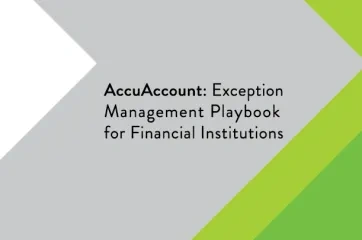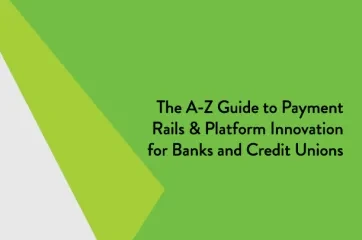The job description of a bank security officer could be broad—and has changed over time. Fifty years ago, a bank security officer’s main responsibilities centered on the physical safety of the financial institution’s employees, customers, and facilities.
Over time, however, the role has widened to include other demanding duties. In recent years, this expansion includes everything from monitoring complex transactions for fraud to overseeing the bank or credit union’s cybersecurity and data protection initiatives.
The Diverse Duties of a Bank or Credit Union Security Officer
Today, a bank or credit union security officer works closely with other department heads—in lending, operations, compliance, technology, and other departments—to implement and administer various security programs and ensure that employees are adhering to protocols. In addition to protecting employees and customers or members from physical threats and monitoring for brick-and-mortar breaches, security officers also:
- Identify and prevent attempts at illegal activity, such as forgeries and embezzlement
- Work to ensure Bank Secrecy Act (BSA) compliance
- Act as a liaison between employees and law enforcement as necessary
- Evaluate cybersecurity tools
- Design systems and procedures to protect customers, members, and their data
An Increasingly Important Position
Every financial institution could benefit from a dedicated bank or credit union security officer, and, for that reason, most financial institutions today employ a full-time security officer. However, the duties of this higher-level job vary depending on the size of the bank or credit union.
For example, at a small institution, the security officer may personally perform multiple pieces of the position. At a larger bank or credit union, a security director may head a team in which each person is responsible for a certain aspect of security—one person for data safety, one person for facilities security, one person for regulatory money-laundering prevention compliance, and so on.
Bank Management Resources
For more information about bank document tracking and management, be sure to check out our extensive resource library with free spreadsheets, whitepapers, and eBooks.
Browse our banking definitions page for more terminology.







